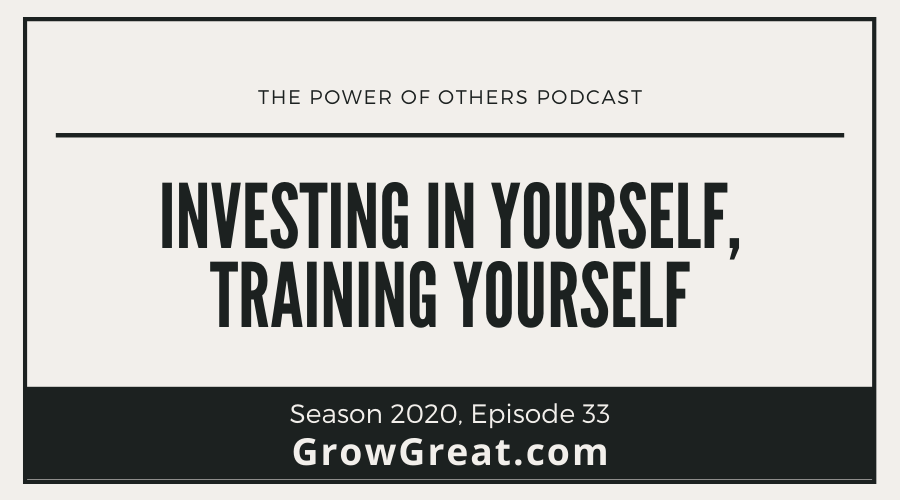Anticipate & Pursue The Ideal Outcome (Creating High-Performing Cultures) – Season 2020, Episode 38
Podcast: Play in new window | Download (Duration: 22:45 — 20.8MB)
Subscribe: Apple Podcasts | Spotify | RSS | More
The Peer Advantage by Bula Network is a new initiative that I’ve been working on this year. Like most things, I’ve gotten it wrong until I could figure out how to get it right. And I have a client to thank for helping me figure it out.
NOTE: If you want to dig through my previous content about the peer advantage, including a chapter by chapter summary of the book, THE POWER OF PEERS — go here.
I won’t bore you with the stories of my fascination with professional “paid-for” peer groups, which began about 4 or 5 years ago. Having never experienced it, I found it remarkable how small groups of people with one big thing in common – like business ownership, or being CEOs or CFOs – could elevate their performance so much faster and easier than going it alone. For many reasons I found it difficult – for me, impossible – to ignite that fascination in prospective clients. Being part of a professional peer advisory group (which in no way resembles the free mastermind group where the 5 factors of peer advantage aren’t readily present). My good friend Leo Bottary, author of THE POWER OF PEERS and most recently PEERNOVATION crafted the 5 factors (Leo and I produced the Peernovation podcast together:
Select the right peers – it involves more than surrounding yourself with the right people…you need to be surrounded by people well suited to share and understand your pursuits.
Create a safe environment – deep conversations about critical intellectual and emotional issues require an environment where it’s safe to share, be vulnerable (judgment-free), and where confidentiality is sacred. What happens in the meeting stays in the meeting.
Utilize a smart guide – leaders who learn to serve the groups they lead by acting as an equal part of the group triad.
Foster valuable interaction – a group culture that values safety and confidentiality. Where conversations happen by design, not by accident.
Be accountable – a place where group members don’t tell each other what to do, but where they tell each other what they plan to do. A place where individual members own their own solutions.
For the past dozen years or so my work has been 100% personalized, individual, and confidential. It’s been highly rewarding and effective for my clients.
I set about to add to my practice a professional peer advisory group. I set about to form one charter group of business owners dubbed The Peer Advantage by Bula Network. Quite quickly I was contacted by a few very successful business owners who were interested. I interviewed them, attempting to hit that first factor – select the right peers. I invited two of the applicants, prepared to launch as soon as I found two more suitable members. Then COVID19 made a grand entrance.
Serendipity happened.
A client asked me if I ever did any group coaching? “Um, no,” I said. But the wheels spun up to speed almost immediately.
Fast forward just a few weeks and it was clear to me that there was an ENORMOUS NEED that I could ideally fill. High-performing leaders or those who would love to become high-performing leaders could achieve higher performance together and with my help. But instead of putting the focus on the group, which is an extremely valuable component of high-performance – BUT it’s very hard for people who have never experienced it to see the value of it. And quite frankly, it scares some people.
Additionally, the time required for these groups can be a full-day a month, or a half-day each month – time very few leaders are willing to take out of their schedule. Nevermind that there’s high value in a leader making the investment in themselves and their organizations. It’s a hard sell. And I get it.
So I began to approach this as I have my entire career while operating companies. I dove into the deep end of the pool to figure out the “ideal outcome.” Fixated on efficiency and effectiveness has characterized my approach to building organizations and businesses. But in my personal fascination with peer groups, I lost my way a bit and realized I had veered off track from what had always been my focus – THE IDEAL OUTCOME.
Well, the ideal outcome for me personally and professionally must begin with the ideal outcome for my clients. I’m no different from any other business – our customers and clients must first be pleased. Else, everything is worthless. So it begins and ends with the value and benefit to the customers and clients. I made a cardinal mistake – I had mostly attempted to create this new offer of a peer advantage experience on my own. Now, I was sitting across a conference table – socially distanced from a client who was asking me why I had never considered group coaching. The client remarked, “Why aren’t more people taking advantage of this kind of coaching? I’ve been doing this 23 years and I’ve never experienced anything like this.”
Inside I mimicked Homer Simpson, “Doh!”
The specific ideal outcomes for my clients are as personal and individual as my clients. And it’s for them to decide. I don’t impose on clients because that’s never my role. Nor would it be for their best. But as a service provider, I have to anticipate what might be their ideal outcome and generally speaking, that’s not real hard. I simply had to think about it and start asking more questions.
Within a few months, I had it distilled. This week I’ve begun a very targeted offer based on all this.
The ideal outcome begins with high-performing teams, groups and organizations. At the end of the day, nothing else matters. That’s always been true of my work as a leadership coach. It’s not about feeling better (although that can happen). It’s about improved performance! Sustainable high performance.
The ideal outcome includes making the best use of time. High-performing leaders are pressed for time. Some of that is necessary, some of it is because of how they’re wired. To stay busy. Constantly in motion.
The ideal outcome includes being highly cost-effective. High-performing leaders don’t waste resources. Money is the chief resource (after time).
The ideal outcome includes privacy and confidentiality. High-performing leaders are like everybody else, often they’re reluctant to be vulnerable. It’s vastly easier in a private setting than in front of a small group of people.
The ideal outcome includes enough of a group component where on occasion the high-performing leader can interact with other high-performing leaders to discuss things that will help everybody in the group. The interaction sparks innovation and gets the juices really flowing.
So after a few months of investigation and planning, it was clear that I could offer high-performing leaders an offer that would achieve each of these ideal outcomes. The focus would be on becoming or elevating existing high performance. Throughout the team, group and organization. It would be a program that would not only help these leaders achieve it within their immediate teams or direct reports, but it would help them spread that high performance throughout their entire organization.
It would demand just 4-and-a-half hours of time invested each month. Three of those hours would be private and confidential with me. Time where these leaders could be vulnerable and open without any fear. Time where they could be challenged in a safe, confidential setting.
It would require just 90 minutes in a single group meeting where they might want to bring forward something that had been discussed in those private sessions. Perhaps something else. And because everybody in the group would be in the exact same position, doing the exact same kind of work – they could really leverage their collective insights, experiences, wisdom and knowledge to help each other.
And this wouldn’t cost thousands of dollars a month, but hundreds.
You could think of it in different terms. Based on a 5-day work week, it amounts to 13.5 minutes a day to invest in YOURSELF and YOUR ORGANIZATION. A small investment to achieve higher performance and create a sustainable culture inside your organization. All at a cost that any organization can afford.
My first charter groups are going to be leaders inside city government in the state of Texas. I’m intentionally focused on this narrow niche. I’m additionally going to focus on small to medium-sized business owners. Well, more accurately stated, “owners of small to medium-sized businesses.” I’m not looking for folks whose size is small to medium. I’m happy to help big ‘ol boys and gals, too! 😉
If you’re sick and tired of being sick and tired — and ready to anticipate and pursue the ideal outcome for your team, group or organization, then I’d be honored to hear more about it. Go here and let’s talk. It’s completely free and there is no obligation of any kind. Just go to https://bulanetwork.com/free
Be well. Do good. Grow great!

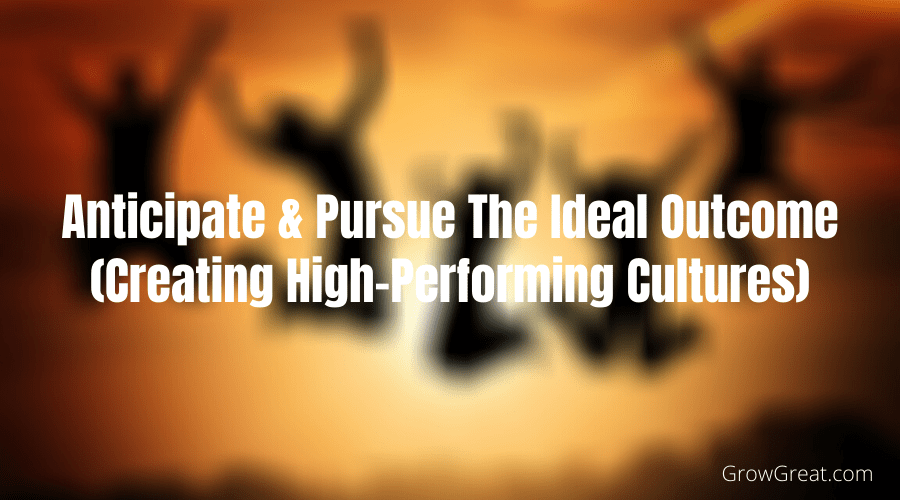
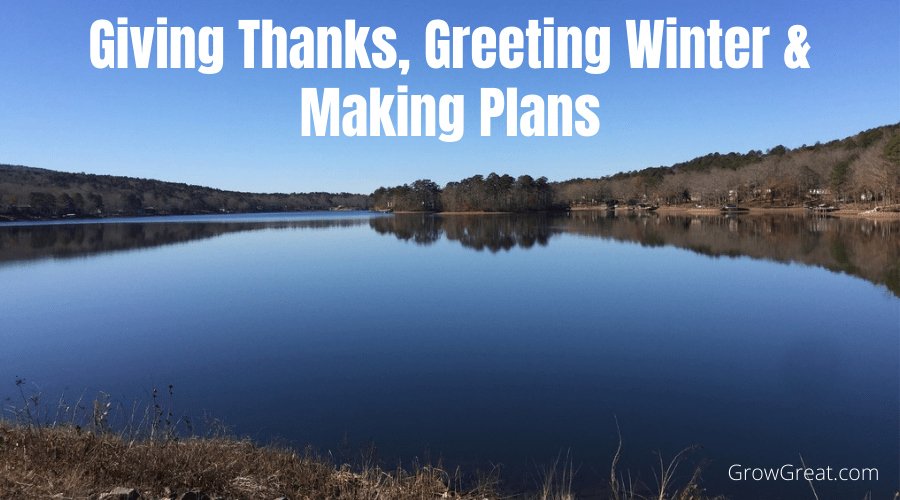
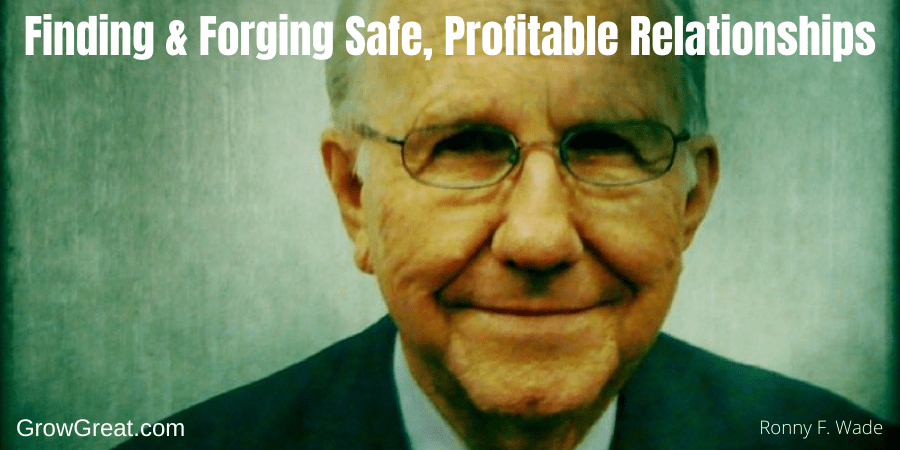
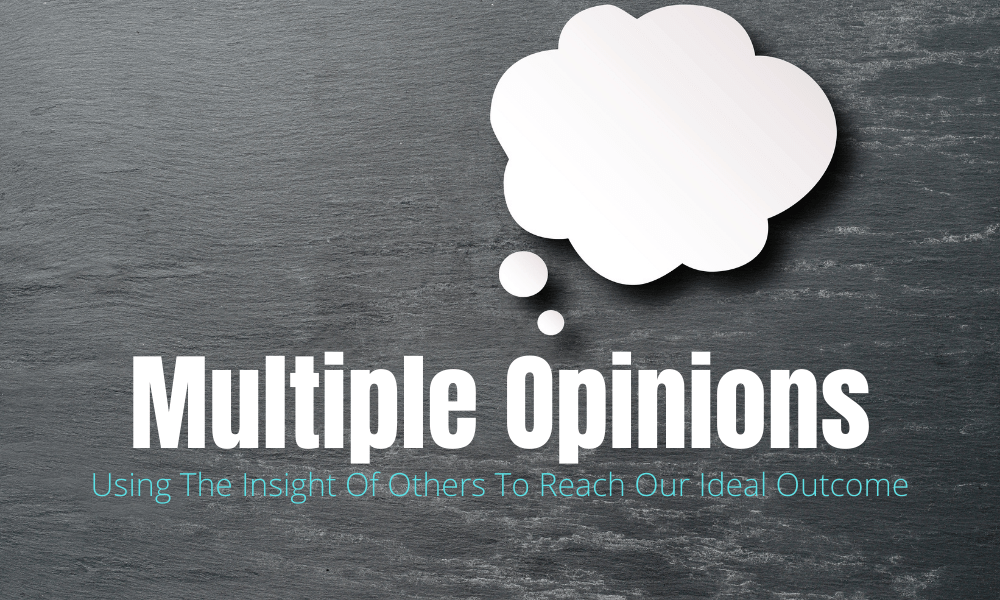

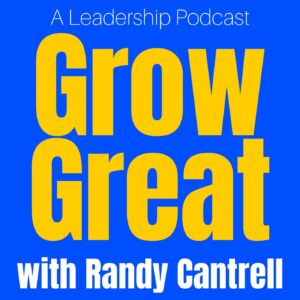 I won’t bury the lead.
I won’t bury the lead.